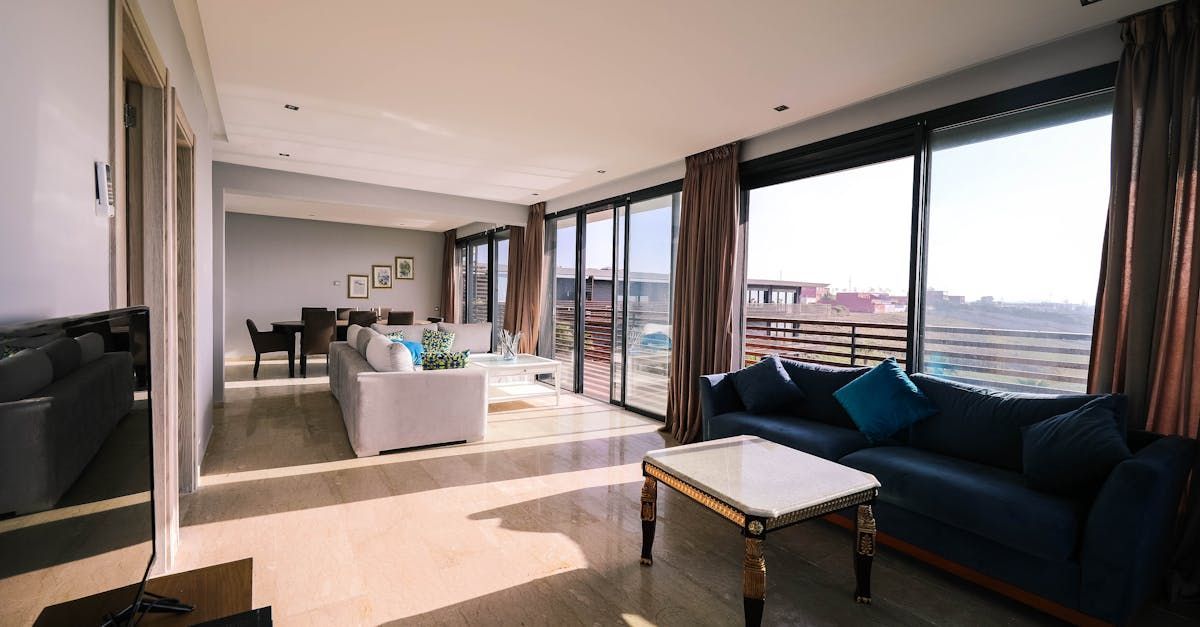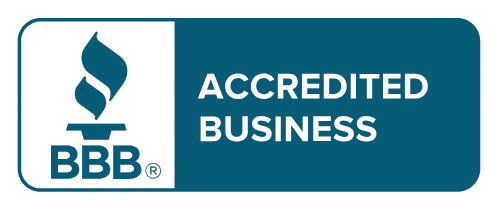Choosing the Right Materials for Charleston's Climate

Choosing the Right Materials for Charleston's Climate
Building a new custom home in Charleston means choosing the right materials. The warm weather and humidity can affect your home’s safety and comfort. Selecting the best materials is key to ensuring your home lasts and stays beautiful.
Key Takeaways
- Climate matters: Charleston has a hot, humid climate. This affects your choices for materials.
- Durability is key: Choose strong and weather-resistant materials to stand up to storms.
- Energy efficiency: Insulation and energy-efficient windows can save you money on bills.
- Maintenance matters: Some materials need more upkeep than others. Consider how much work you want to do.
- Aesthetic appeal: Make sure the materials you choose fit your style and look great in the neighborhood.
For more information about energy-efficient building practices, you can explore ways to enhance your home’s energy consumption.
Understanding Charleston’s Climate
Charleston has a humid subtropical climate. Summers are hot, and winters are mild. The area gets a lot of rain, especially during hurricane season. This means you need materials that can handle moisture and strong winds.
Summer Heat
The summer temperatures can reach over 90 degrees Fahrenheit. This can put a strain on roofs and walls. Materials need to reflect heat and keep your home cool.
Humidity and Moisture
High humidity can lead to mold and rot. This is a big concern for wooden structures. Choosing treated wood or other materials can help prevent these issues.
Storm Preparedness
Charleston is prone to hurricanes. Strong winds and heavy rain can damage homes. You need materials that can withstand these forces.
Weather Condition Impact on Homes Recommended Materials
- High Humidity Mold and rot Treated wood, vinyl siding
- Extreme Heat Roof strain Metal roofing, reflective coatings
- Strong Winds Structural damage Impact-resistant windows, metal roofing
The Best Roofing Materials
The roof is one of the most important parts of your home. It protects everything inside. Here are some great options for roofing materials in Charleston.
Metal Roofing
Metal roofs are very popular in Charleston. They are strong and last a long time. They can also reflect heat, keeping your home cooler. Metal roofing can handle heavy rain and strong winds, making it perfect for stormy weather.
Asphalt Shingles
Asphalt shingles are cost-effective and easy to install. They come in many colors, so you can choose one that fits your style. While they may not last as long as metal roofs, they are still a good option for many homeowners.
Slate and Tile
Slate and tile roofs are beautiful and durable. They can last a very long time but may be heavier. You need to ensure your home can support the weight. These materials are also fire-resistant, which adds an extra level of safety.
Choosing Siding Materials
Siding protects your home from the elements. It also adds character and charm. Here are some popular siding materials.
Vinyl Siding
Vinyl siding is affordable and easy to maintain. It comes in many colors and styles. It resists moisture, making it a great fit for Charleston's humid climate.
Fiber Cement Siding
Fiber cement siding is strong and resistant to rot and insects. It looks like wood but requires less maintenance. This option is great for homeowners who want a classic look without the extra work.
Wood Siding
Wood siding can give your home a warm and classic look. However, it requires more maintenance. You need to treat it regularly to prevent rot and mold.
- Consider colors and styles that complement your home’s architectural design when selecting siding.
- Look for local suppliers or manufacturers that provide warranties for added peace of mind.
- Evaluate the long-term cost versus initial outlay to ensure a wise investment.
Windows and Doors
Windows and doors are vital for insulation and security. They should be durable and energy-efficient.
Energy-Efficient Windows
Look for ENERGY STAR-rated windows. These windows can keep your home cool in the summer and warm in the winter. They can also save you money on energy bills.
Impact-Resistant Windows
Given the risk of hurricanes, impact-resistant windows are a smart choice. They can withstand strong winds and debris, protecting your home and family.
When choosing windows, consider options that provide both protection and energy savings, especially in storm-prone areas.
Indoor Materials
Don’t forget about materials inside your home. They affect comfort and style.
Flooring Options
For flooring, consider materials that can handle humidity. Tile is an excellent option for kitchens and bathrooms. It is easy to clean and resistant to moisture.
Hardwood can be beautiful but may not hold up well in damp areas. If you love hardwood, consider engineered wood. It is more stable in humidity and still has the look of real wood.
Kitchen and Bathroom Surfaces
When choosing surfaces for kitchens and bathrooms, look for durable materials. Quartz and granite are great for countertops. They are tough and easy to clean.
In bathrooms, use materials that resist moisture. Ceramic tiles are a smart choice. They look nice and hold up well in wet conditions.
Indoor Material Properties Ideal Locations
- Tile Moisture-resistant, easy to clean Kitchens, bathrooms
- Engineered Wood Stable in humidity, aesthetic appeal Living rooms, bedrooms
- Quartz Durable, heat-resistant Countertops throughout the home
- Energy Efficiency
Being energy efficient is not just good for the environment; it can save you money.
Insulation
Proper insulation is a must in Charleston. It keeps your home comfortable year-round. Foam insulation works well in hot climates. It helps keep cool air inside.
HVAC Systems
Invest in a good HVAC system. Look for energy-efficient models. They work better and can lower your energy costs.
Maintenance Considerations
Think about how much time you want to spend on upkeep. Some materials need more care than others.
Low-Maintenance Options
Vinyl siding and metal roofs are low-maintenance. They don’t need much work beyond occasional cleaning.
Higher Maintenance Materials
Wood siding and traditional shingles need more attention. You may have to repaint or stain them every few years.
For additional guidance on maintaining different home materials, consult local experts who understand the Charleston climate.
Finding the Right Builder
Choosing the right materials is only part of the process. Finding a skilled builder is just as important.
Communication is Key
Look for a builder who communicates well. They should listen to your ideas and help guide you through the process.
Experience Matters
Make sure your builder has experience with custom homes in Charleston. They need to understand local building codes and the best materials for the area.
When selecting a builder, check their previous work and client reviews to ensure quality and reliability.
Conclusion
Choosing the right materials for your new custom home in Charleston is essential. Think about the climate, durability, and maintenance. Make smart choices to ensure your home is safe, comfortable, and beautiful. Select materials that fit your style and make your home a lasting joy.
By focusing on durability, energy efficiency, and local conditions, you can find the best materials for your new home. Take your time and ask questions. Working with a skilled builder will help bring your vision to life. Your dream home is within reach!






